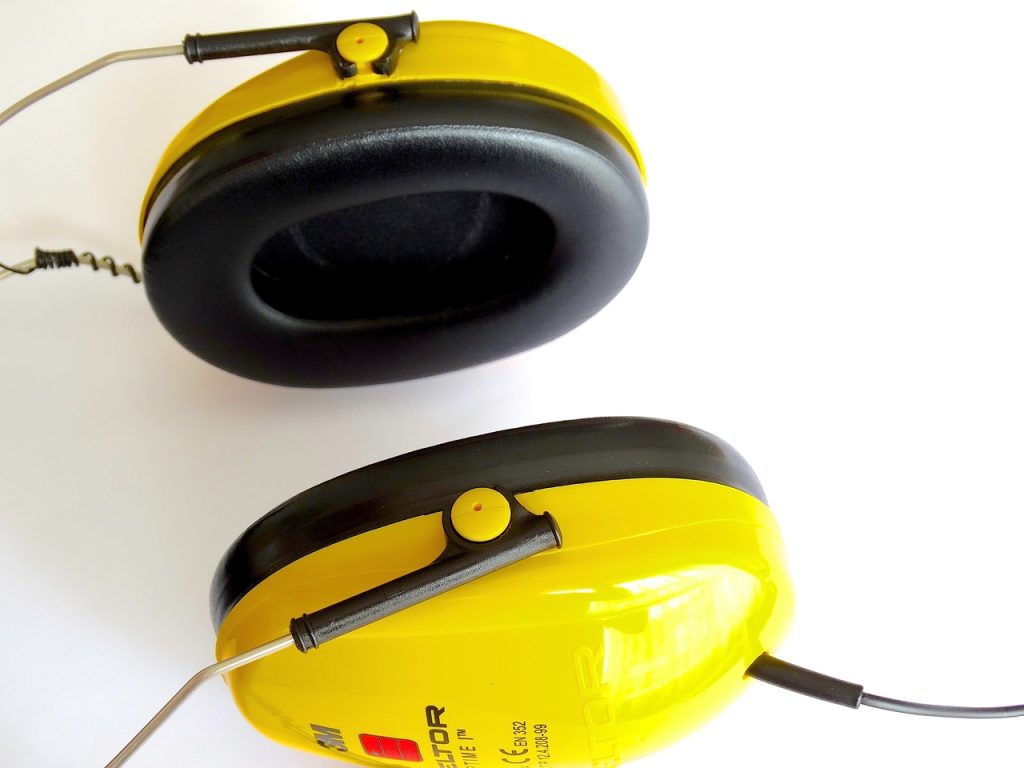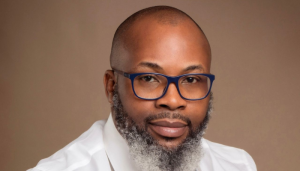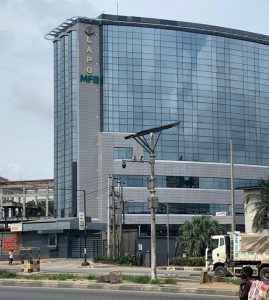
SUSTAINABILITY! Addressing Africa’s Hearing Loss Crisis
Africa already grapples with severe health challenges such as malaria, infant and maternal mortality, and preventable diseases. However, recent findings from the World Health Organization (WHO) reveal an additional, often overlooked crisis: 40 million Africans live with hearing loss, a condition that costs the continent an estimated $27 million annually. If immediate and effective actions are not taken, the economic toll could double to $54 million by 2030, with devastating consequences for both individuals and economies.
The WHO highlights that untreated hearing loss can significantly hinder language development in children, leading to poor academic performance and limited career opportunities. For adults, it can result in isolation, loneliness, and an increased risk of depression and dementia. With such a heavy burden on personal and socio-economic well-being, it’s clear that hearing loss severely diminishes productivity and quality of life across the continent.
In fact, 75% of hearing loss in children is preventable, primarily caused by infections, common ear diseases, and birth complications. The lack of equipment for routine hearing screenings in newborns across many African countries compounds the issue. Alarming statistics reveal that more than 56% of African nations have just one Ear, Nose, and Throat (ENT) specialist per million people, while Europe boasts roughly 50 per million. In addition, 75% of African countries have fewer than one audiologist or speech-language therapist per million people, further underscoring the need for urgent action.
Access to hearing aids is another critical challenge. WHO estimates that 33 million Africans could benefit from hearing aids, yet only 10% have access to them due to high costs and insufficient resources for Ear and Hearing Care (EHC) services.
This dire situation demands a concerted effort from both governments and the private sector to turn the tide. Companies in Africa have a unique opportunity to contribute to the solution through Corporate Social Responsibility (CSR) and sustainable initiatives. By investing in healthcare, particularly in the area of hearing care, businesses can make a significant difference in the lives of millions while enhancing their social impact.
Collaborative CSR Initiatives: The private sector should partner with governments to sponsor hearing screening programs in underserved communities. Through these partnerships, routine hearing screenings can be made accessible to newborns, children, and adults, helping to detect early signs of hearing loss. This proactive approach would reduce the long-term socio-economic costs and help build a healthier, more productive society.
Sustainability Through Education and Advocacy: A coordinated and sustained advocacy campaign is crucial to educating the public about the importance of early detection and treatment. Public awareness programs can include noise pollution prevention in workplaces, motor parks, and entertainment venues, which are hotspots for hearing damage. By regulating noise pollution and promoting sound healthcare practices, we can significantly reduce the incidence of hearing loss.
Leveraging Innovation for Impact: Companies focused on innovation can explore developing affordable, eco-friendly hearing aids and equipment that meet the needs of African communities. In the spirit of sustainability, these devices can be designed to use locally sourced materials and renewable energy, making them both accessible and environmentally friendly. Businesses can also invest in training healthcare workers to provide these essential services, ensuring long-term capacity building in local communities.
Policy Support for Sustainable Healthcare: Governments must be encouraged to enact and enforce policies that make hearing care a priority, including screening in hospitals and clinics, particularly in rural areas where healthcare access is limited. The private sector can advocate for policies that incentivize medical professionals to return to the continent, addressing the acute shortage of ENT specialists, audiologists, and speech therapists.
The Role of Businesses in Shaping a Healthier Future: Beyond donations, companies can incorporate hearing care into their broader sustainability strategies, offering long-term support for healthcare infrastructure. This can include funding for the creation of hearing units in healthcare facilities, schools, and workplaces, as well as providing training for local health practitioners.
Yes indeed! Africa’s hearing loss crisis is a call to action for both the public and private sectors. The personal, economic, and social impact of untreated hearing loss is immense, and a sustainable, collaborative approach is needed to tackle this silent epidemic. By prioritizing hearing care in CSR initiatives and engendering public-private partnerships, African countries can turn the tide and provide their citizens with the tools they need to thrive.
Corporate investment in healthcare, education, and innovation will not only save lives but will also pave the way for a more prosperous, equitable, and sustainable future for all. Together, we can ensure that no one is left behind due to preventable conditions like hearing loss.






